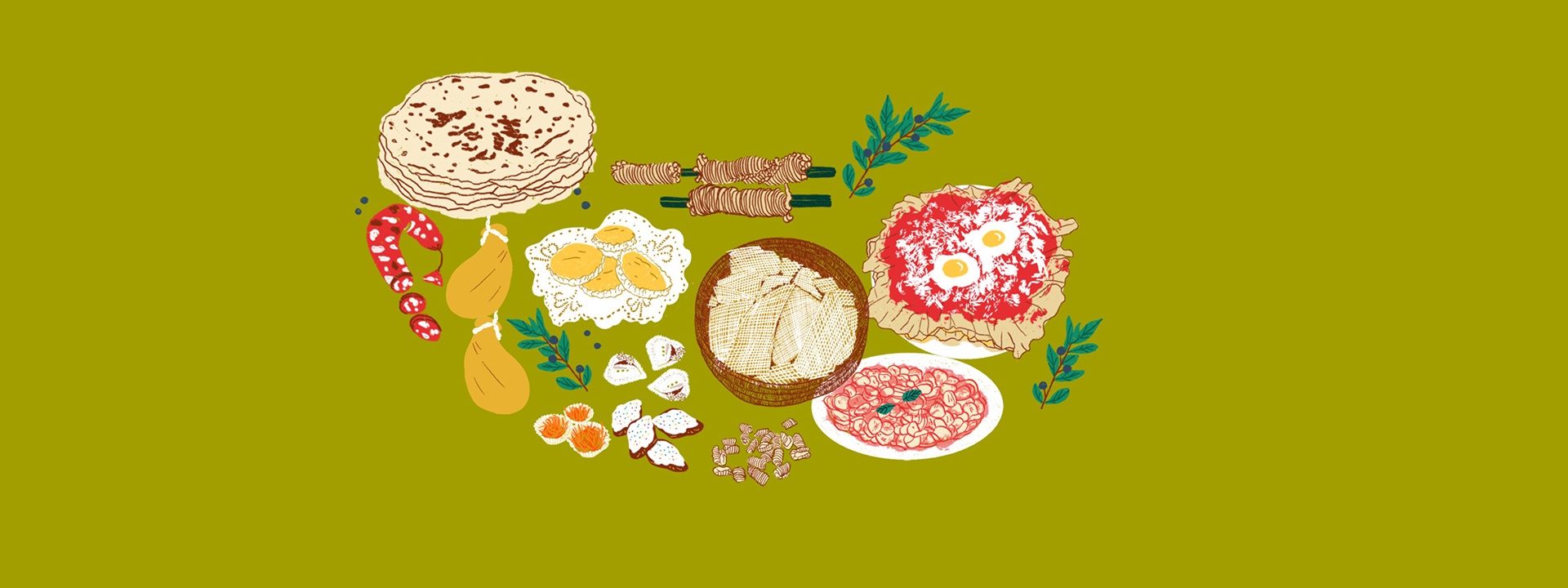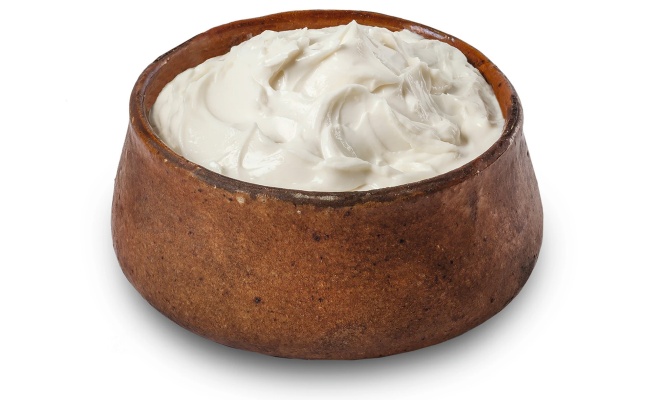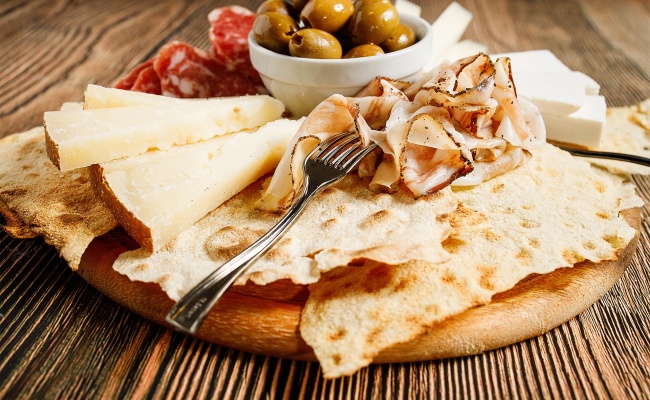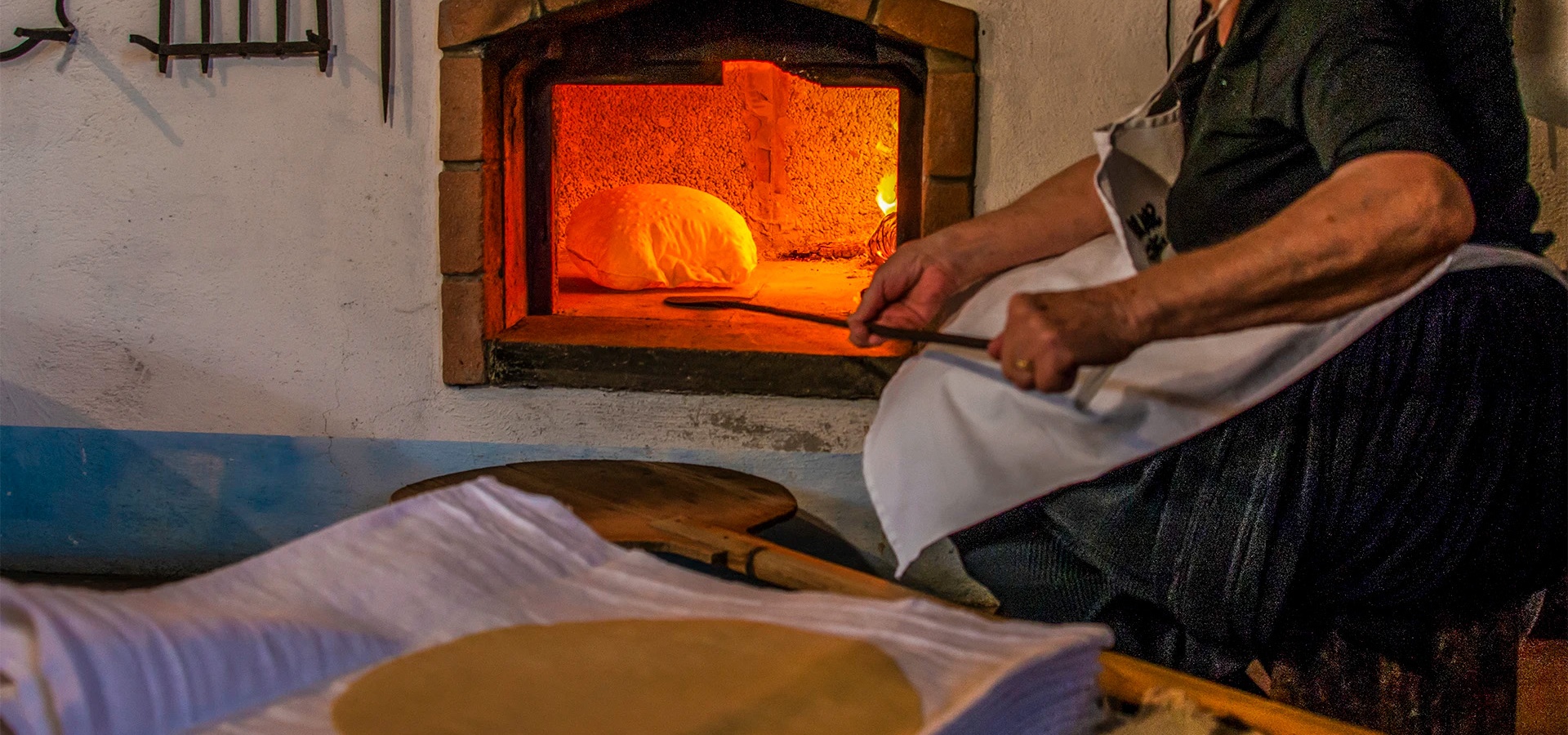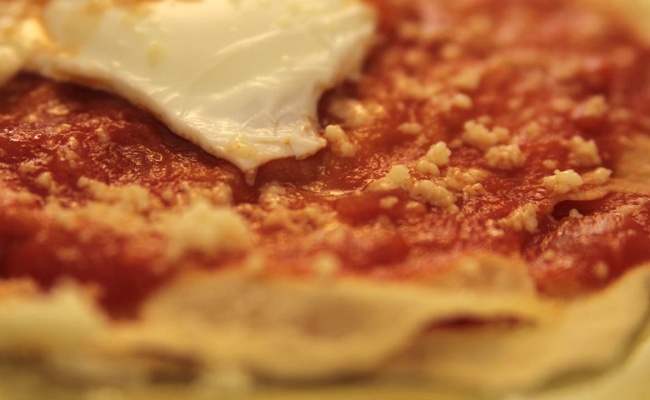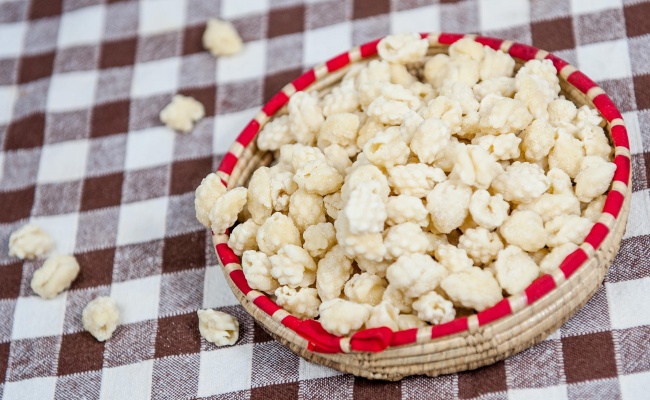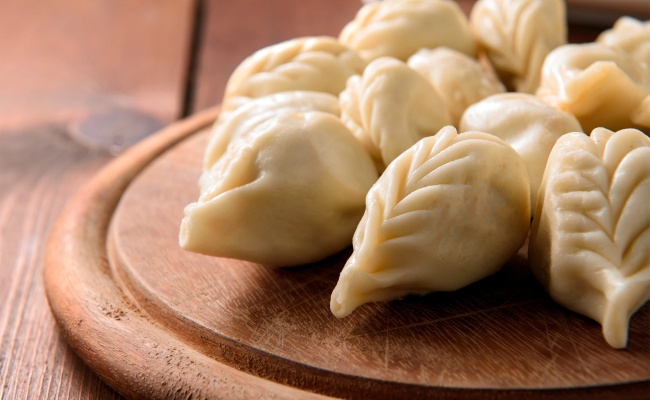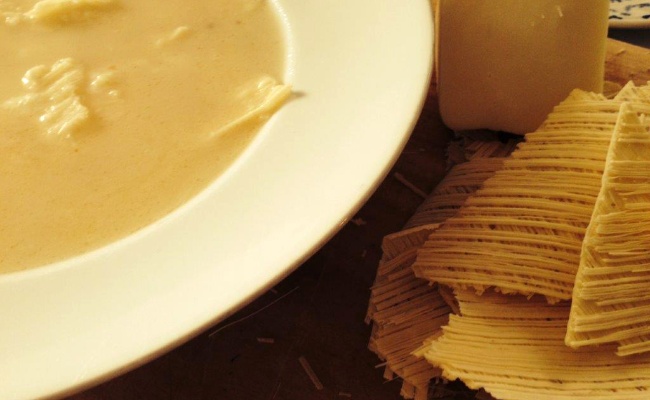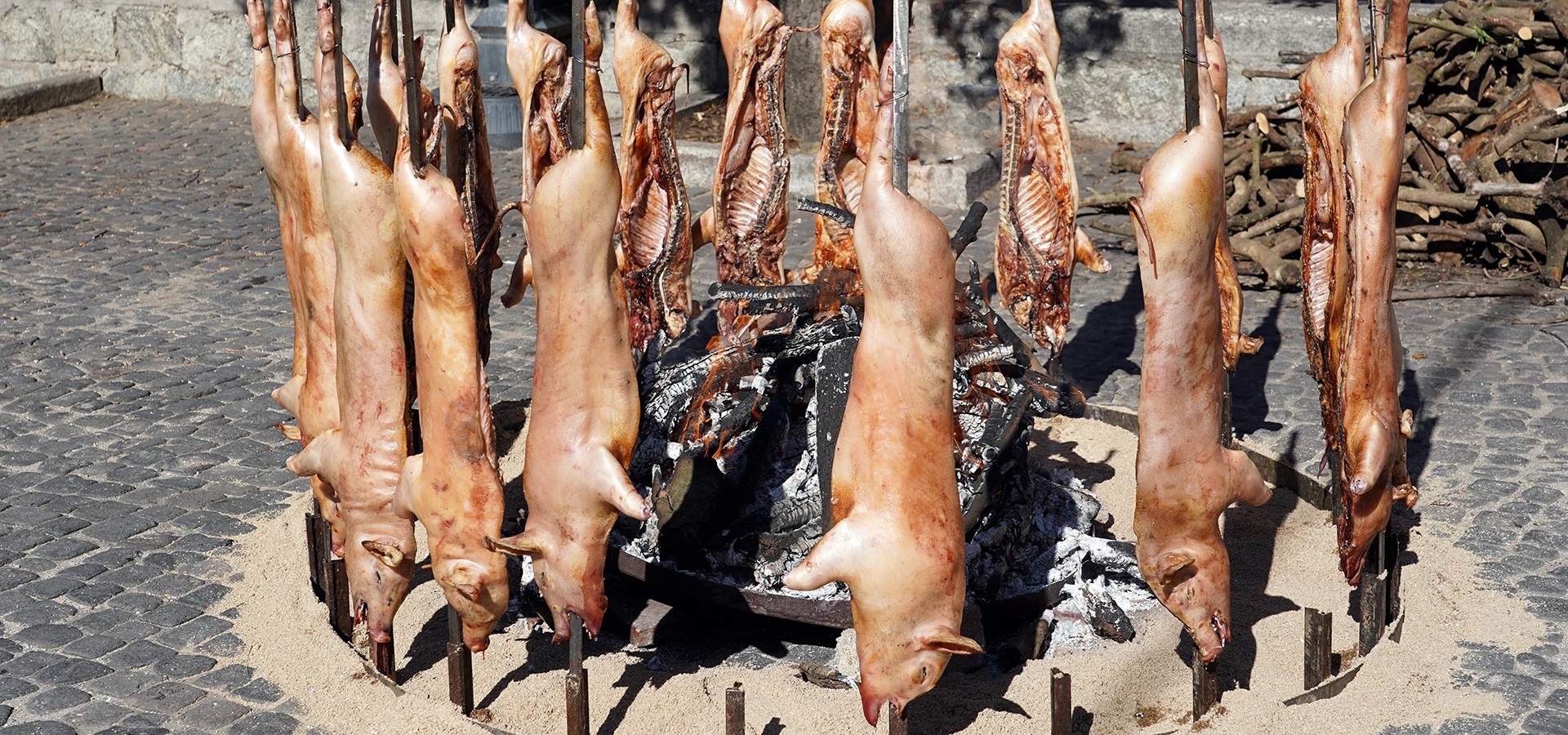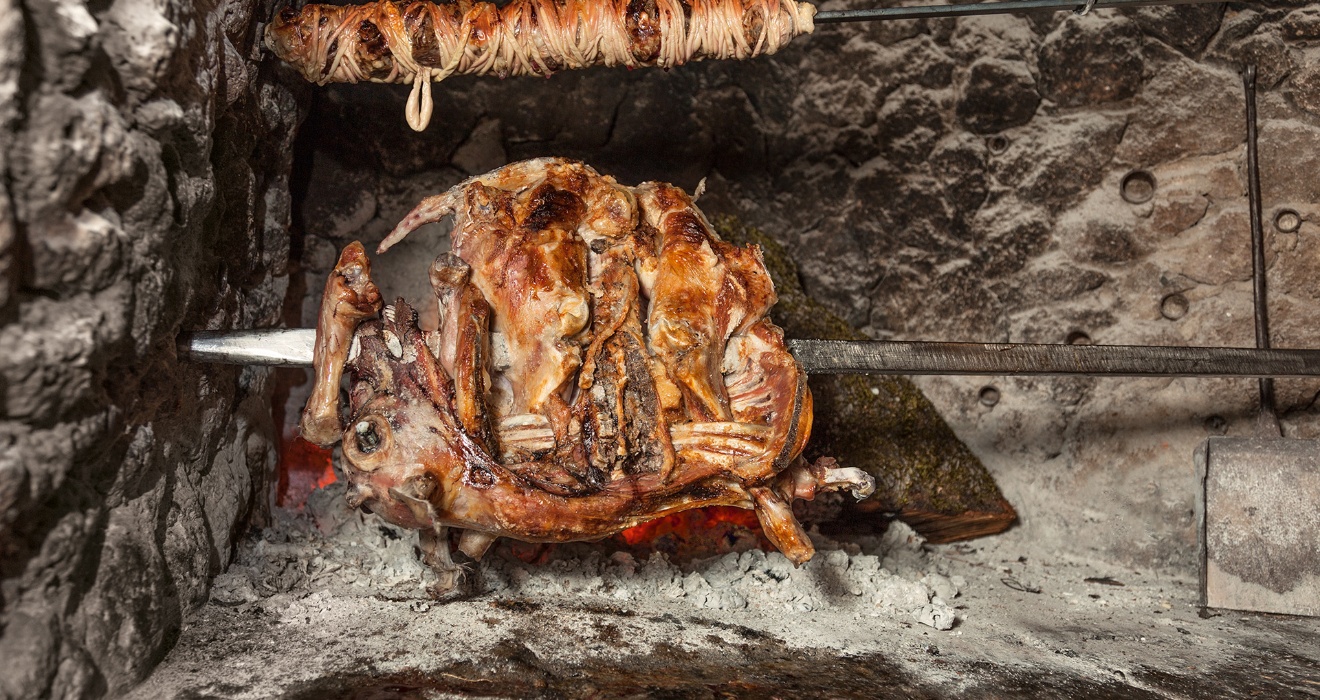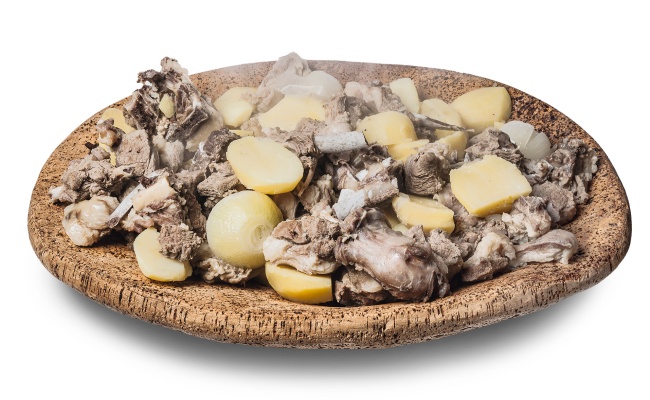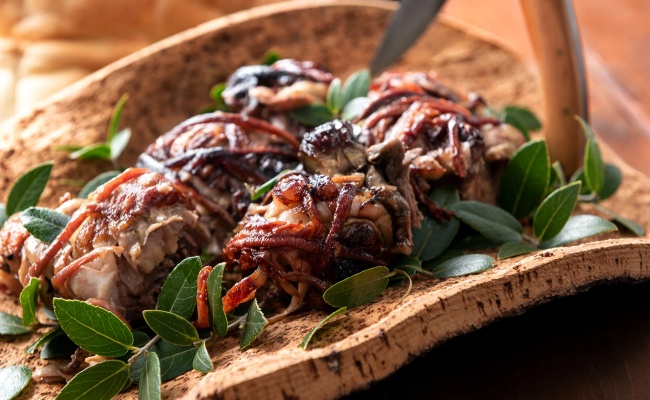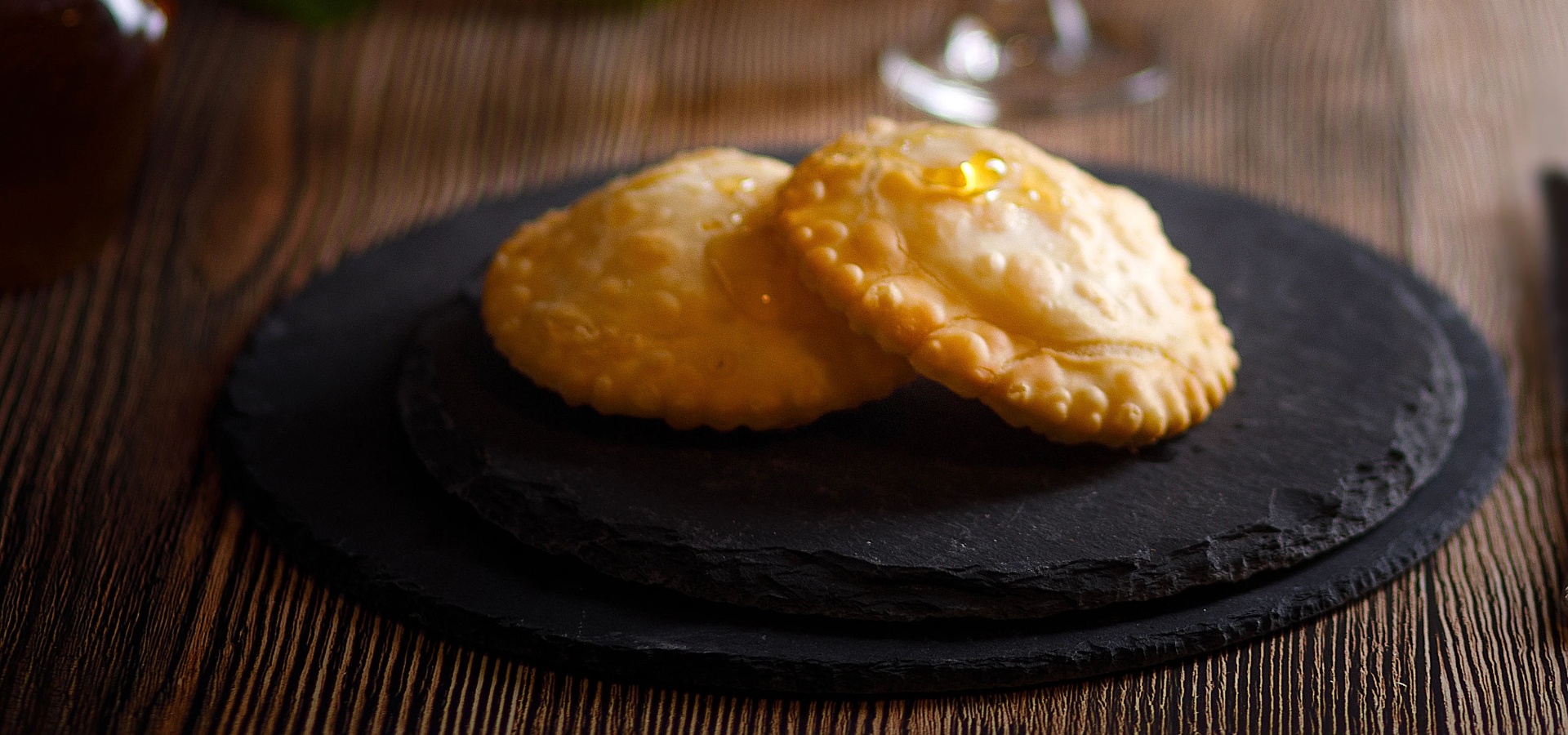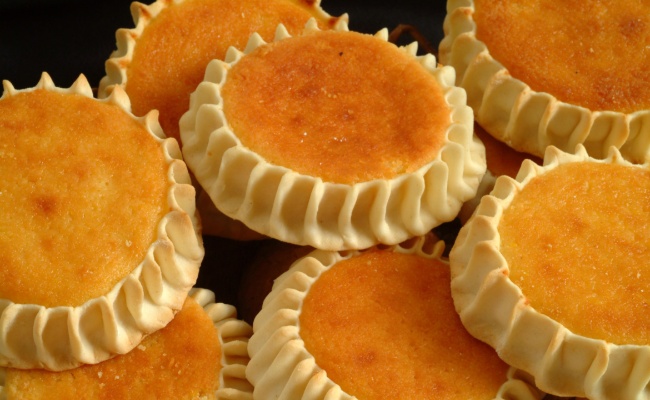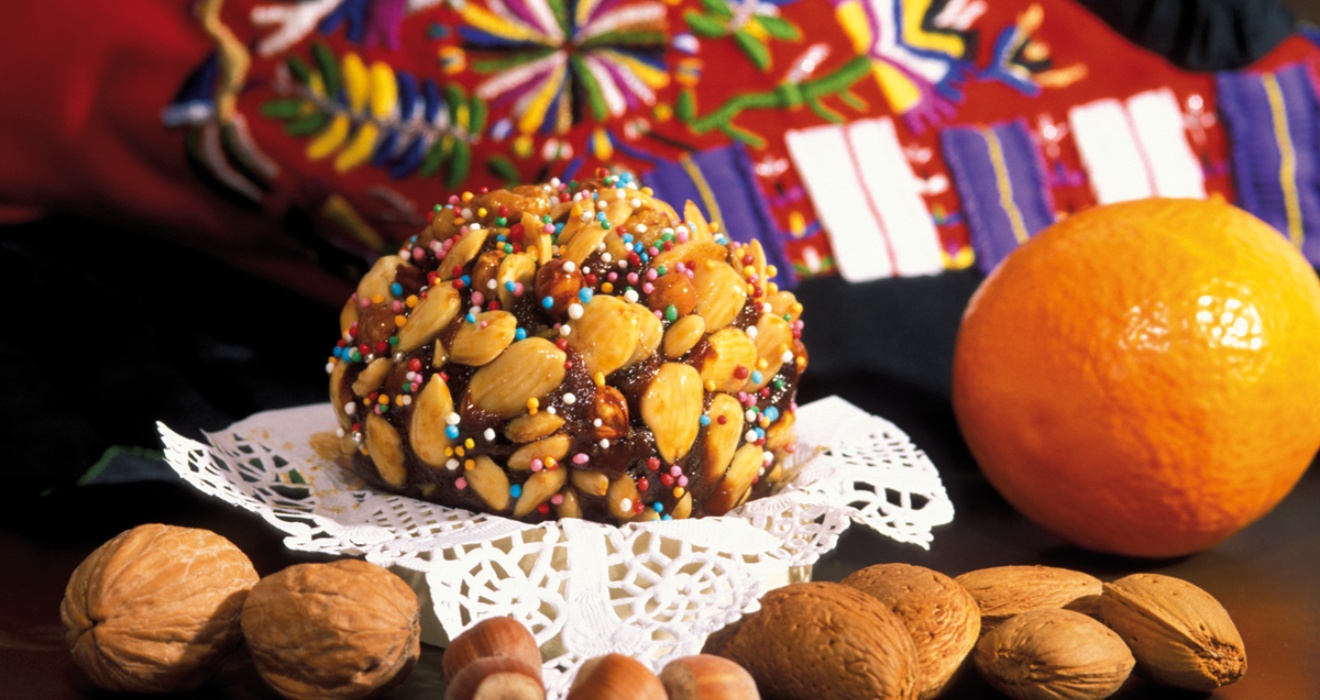Sardinian cuisine is rooted in the close tie between the island’s agricultural and pastoral economies. Its dishes are marked by simple, genuine products.
In the province of Nuoro, meat dishes predominate, and fresh pasta, cheese and sweets are especially renowned.
Cuisine
Description
Among the cold cuts, we find sausage, local ham and various types of pancetta, pork neck salami and pork loin. One unique dish is sa purpuzza, seasoned ground pork that is cooked in a pan rather than made into sausages.
The most common traditional bread is su pane carasau, a thin bread that is baked twice in a wood oven to make it crispy. When it is toasted and seasoned with oil and salt, it becomes pane guttiau. There are also various types of soft Sardinian focaccia and a white bread called su coccone.
Maaccarrones cravaos or maccarrone tundu is a Nuorese version of Sardinian gnocchi, which are made by flattening a small piece of pasta dough on a ridged surface.
Macarrones de busa, thick bucatini made by wrapping the pasta around a special iron rod, and maccarrones furriaos, gnocchi served with fresh pecorino cheese that is melted with the semolina to create a kind of cream.
Barbagia ravioli are renowned and can be filled with fresh cheese or ricotta and spinach and served with tomato or meat sauce and pecorino.
Another typical first course is minestra de merca, a pasta, potato and tomato dish topped with clotted sheep’s milk.
Barbagia second courses offer a variety of delectable options, including roast lamb, kid and veal. The undisputed star, however, is spit-roasted pork.
Sa Bodda, or mutton in a jacket, is mutton boiled with potatoes, onions, tomatoes and other vegetables and served with pane carasau soaked in the cooking broth.
The wide selection of offal dishes includes coratella (liver, heart and lungs) cooked in a pan with various seasonings, like onion, and often artichokes.
Cordedda is a braid of carefully cleaned lamb or kid entrails, cooked on a spit or in a pan with peas.
Another typical dish is su tataliu, a larger braid with pieces of coratella roasted on a spit. Lastly, su zurrette or sambene, mutton blood seasoned with mint, wild thyme and mixed with cheese and pane carasau crumbs, cooked inside the animal’s stomach and served with pane carasau.
Traditional Nuorese sweets offer a delightful variety of flavours. The most typical is sa sebada, a thin round of dough filled with fresh cheese seasoned with lemon, fried and covered with sugar and honey.
A special sweet is prepared for All Saints: sos papassinos, diamond-shaped pieces of short crust dough filled with walnuts, almonds, hazelnuts and grapes. And during Carnival, you will find sas origliettas, strips of fried dough sprinkled with honey.
The assortment of sweets made with almonds and honey is endless: from crunchy sos coriccheddos, decorated with floral motifs (typically made for weddings) to soft amaretti cookies and guelfos, soft little almond paste balls.
 Nuorese Cultural District
Nuorese Cultural District